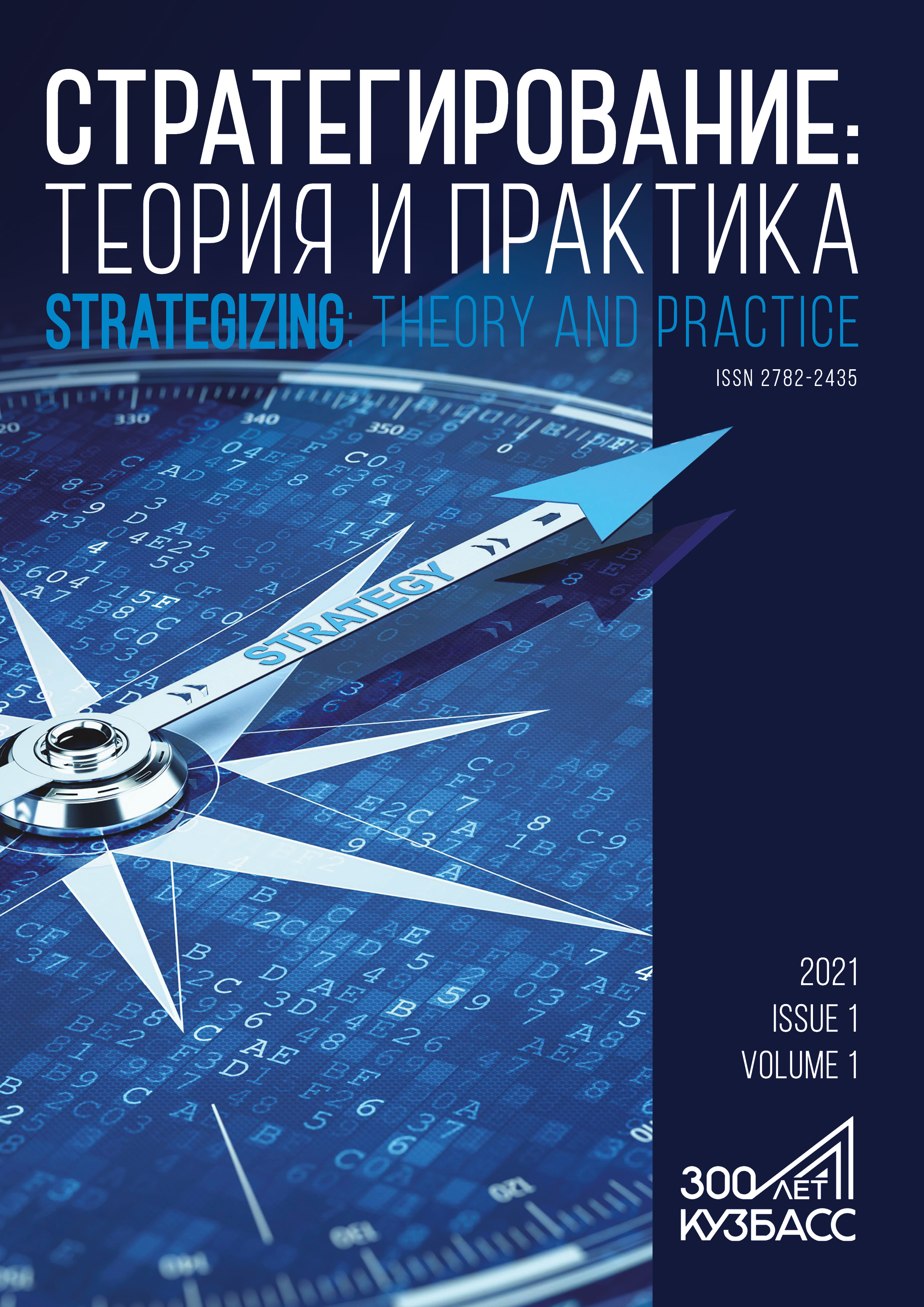Moscow, Moscow, Russian Federation
Moscow, Russian Federation
Problems, threats, and risks are often considered selectively in national strategies and projects. As a result, new factors appear during their implementation: they limit the solution of strategic tasks, cause crisis phenomena, and recurrent gaps in the socio-economic development. The authors developed a procedure of causal analysis. It focuses on entire path of problem development, from the establishment of its root and indirect causes to the determination of direct and visible changes in the human living environment. The analysis features the completeness of factor accounting in problems, threats, and risks. It also covers strategic objectives and targets to assess the feasibility of strategic priorities and the effectiveness of project activities. The article also introduces some methodological tools of the causal analysis. They can be applied to factors that affect strategic planning and can be used to assess national projects, i.e., their feasibility of strategic objectives and effectiveness.
factors of global transformations, causal analysis, strategic planning, project activity, audit of strategies and projects
1. Kvint VL. The idea of a noosphere of Vernadskyand the regularities predetermining formation of a global noosphere world order of the XXI century. Administrative Consulting. 2013;53(5):013-019. (In Russ.)
2. Kvint VL. Strategic economic influence of a global negative trend of terrorism and extremism. Administrative Consulting. 2016;90(6):14-25. (In Russ.)
3. Kvint VL, Okrepilov VV. The role of quality in the birth and development of global emerging market. Economics and Management. 2011;67(5):3-21. (In Russ.)
4. Kvint VL, Okrepilov VV. Teoriya i praktika vzaimosvyazi kategoriy “khoroshaya zhiznʹ” i “kachestvo zhizni” [Theory and practice of the relationship between the categories “good life” and “quality of life”]. Ehkonomika kachestva [Quality Economics]. 2013;(4):1-16. (In Russ.)
5. Kochemasova EYu. Algoritm sovershenstvovaniya strategicheskogo planirovaniya v sfere ustoychivogo razvitiya i mer natsionalʹnoy bezopasnosti [Algorithm for improving strategic planning in the field of sustainable development and national security measures]. Ehkonomicheskaya bezopasnostʹ Rossii: problemy i perspektivy: materialy VI Mezhdunarodnoy nauchno-prakticheskoy konferentsii [Economic security of Russia: problems and prospects: materials of the VI International scientific and practical conference]; 2018; Nizhny Novgorod. Nizhny Novgorod: Nizhny Novgorod State Technical University n.a. R.E. Alexeyev; 2018. p. 130-138. (In Russ.)
6. Kochemasova EYu. Causal analysis as the instrument of strategic planning. Innovations. 2018;234(4):36-42. (In Russ.)
7. Kochemasova EYu. Strategicheskoe planirovanie v Rossii v usloviyakh globalʹnykh transformatsiy [Strategic planning in Russia in the context of global transformations]. Moscow: Lenand; 2020. 203 p. (In Russ.)
8. Malenkov YuA. Cause-effect models in the strategic planning. St. Petersburg University Journal of Economic Studies. 2011;(2):116-129. (In Russ.)
9. Minttsberg G, Alʹstrehnd B, Lehmpel D. Shkoly strategiy. Strategicheskoe safari: ehkskursiya po debryam strategiy menedzhmenta [Schools of strategies. Strategic safari: a tour through the wilderness of management strategies]. St. Petersburg: Piter; 2000. 330 p. (In Russ.)
10. Sasaev NI, Alabina TA, Brel OA, Voronin VL, Gavrilina DN, Zaitseva AI, et al. Strategizing of Kuzbass region water resources. Kemerovo: Kemerovo State University; 2021. 388 p. (In Russ.) https://doi.org/10.21603/978-5-8353-2725-6
11. Tompson AA, Striklend ADzh. Strategicheskiy menedzhment: Kontseptsii i situatsii dlya analiza [Strategic management: Concepts and cases for analysis]. Moscow: Vilʹyams; 2006. 924 p. (In Russ.)
12. Faehy L, Rehndell R. Kurs MBA po strategicheskomu menedzhmentu [MBA course in strategic management]. Moscow: Alʹpina Biznes Buks; 2008. 596 p. (In Russ.)
13. Malenkov YuA. Strategic barriers to sustainable development of the economies, firms and projects (EFP) in conditions of global economic crisis threat. Euro-Mediterranean Economic and Finance Review. The Review of Remereg. 2010;5(2):74-89.






